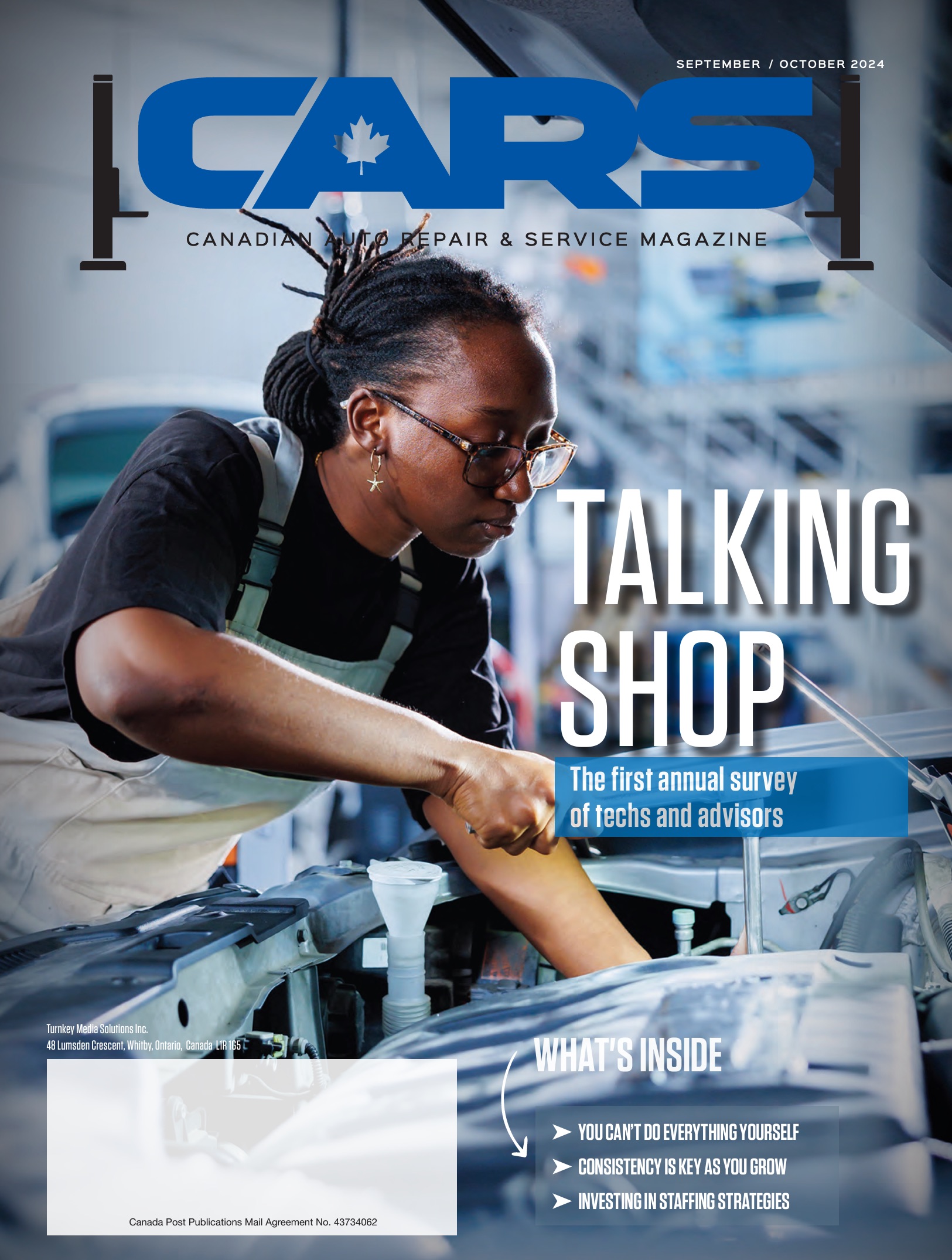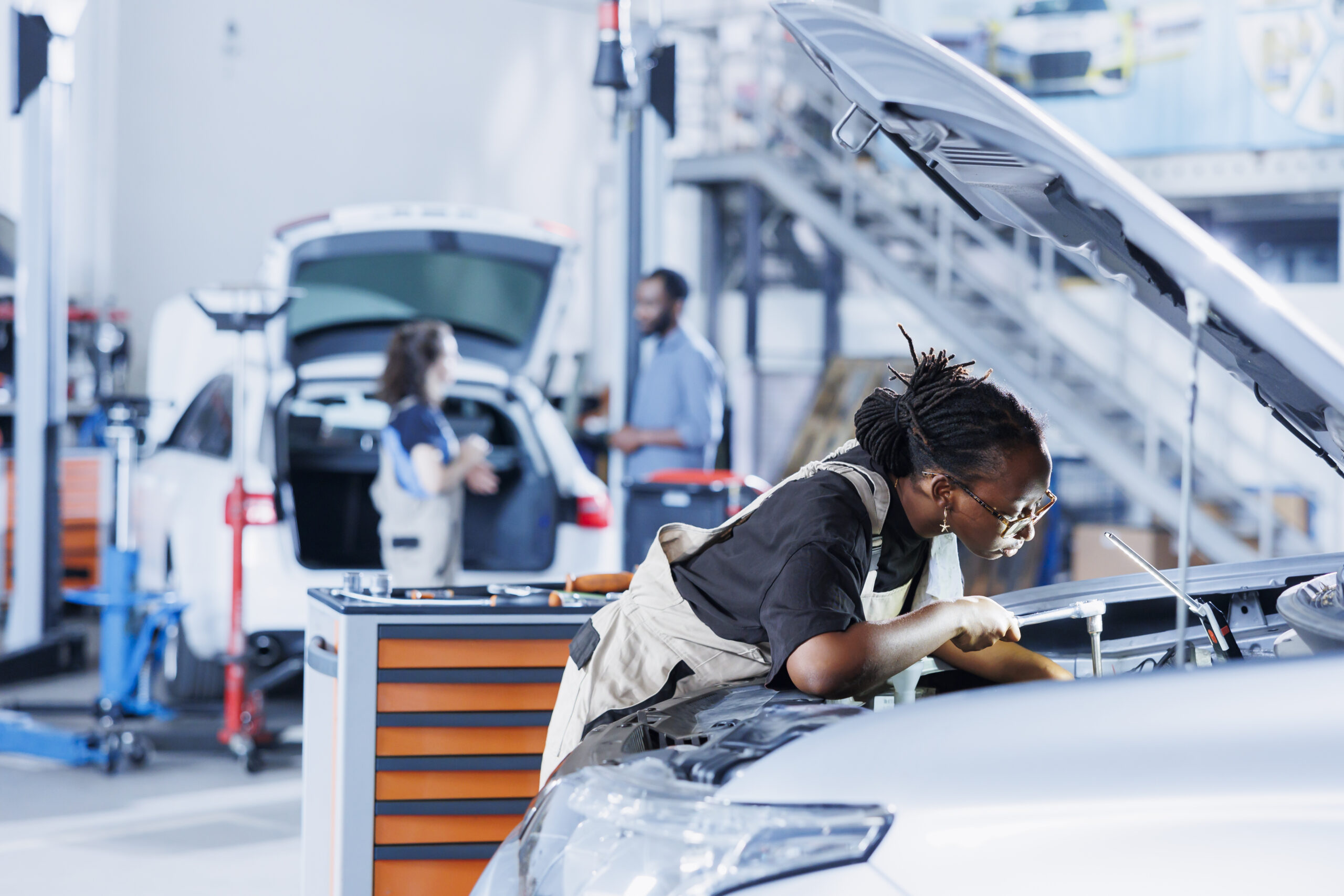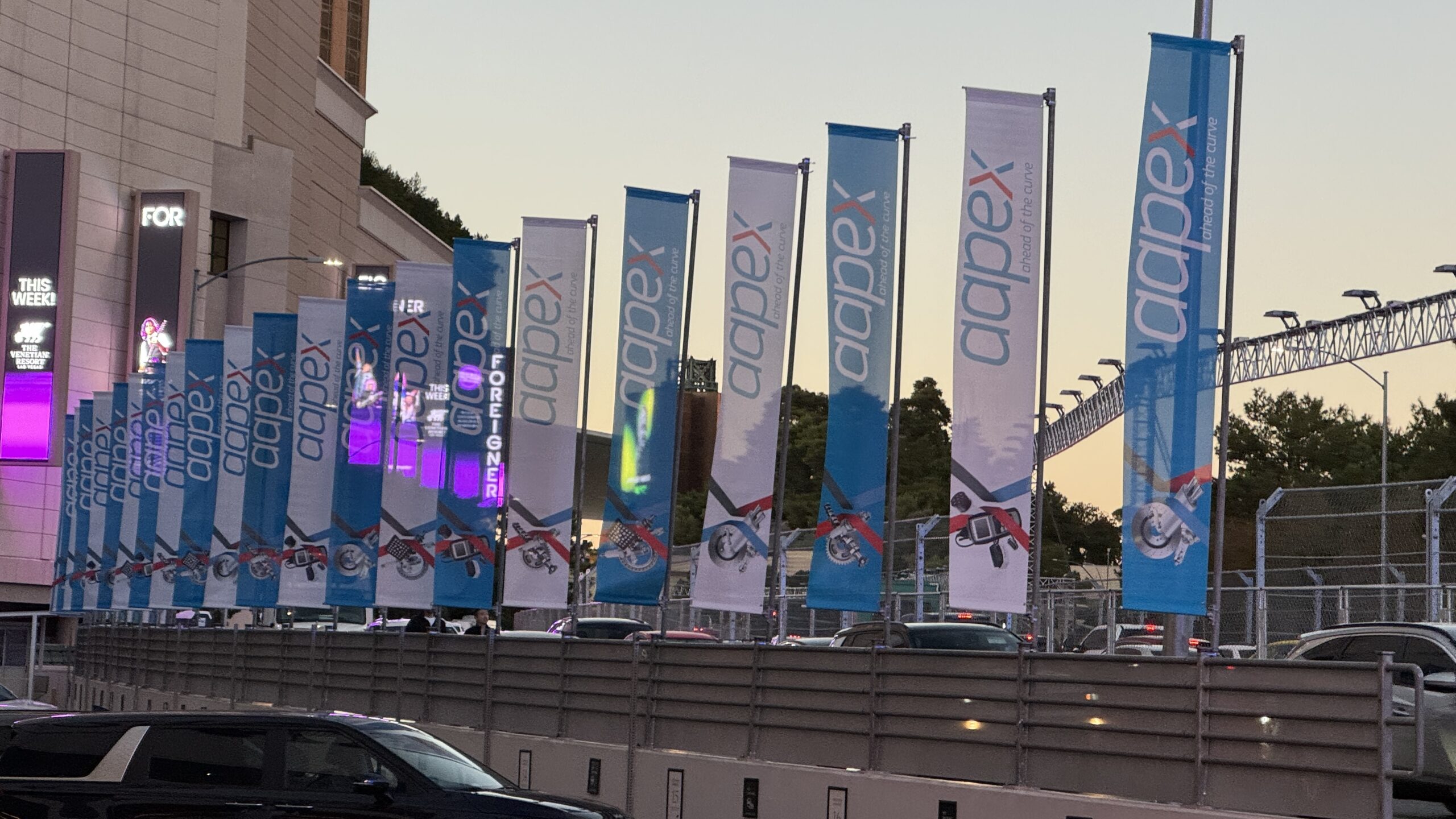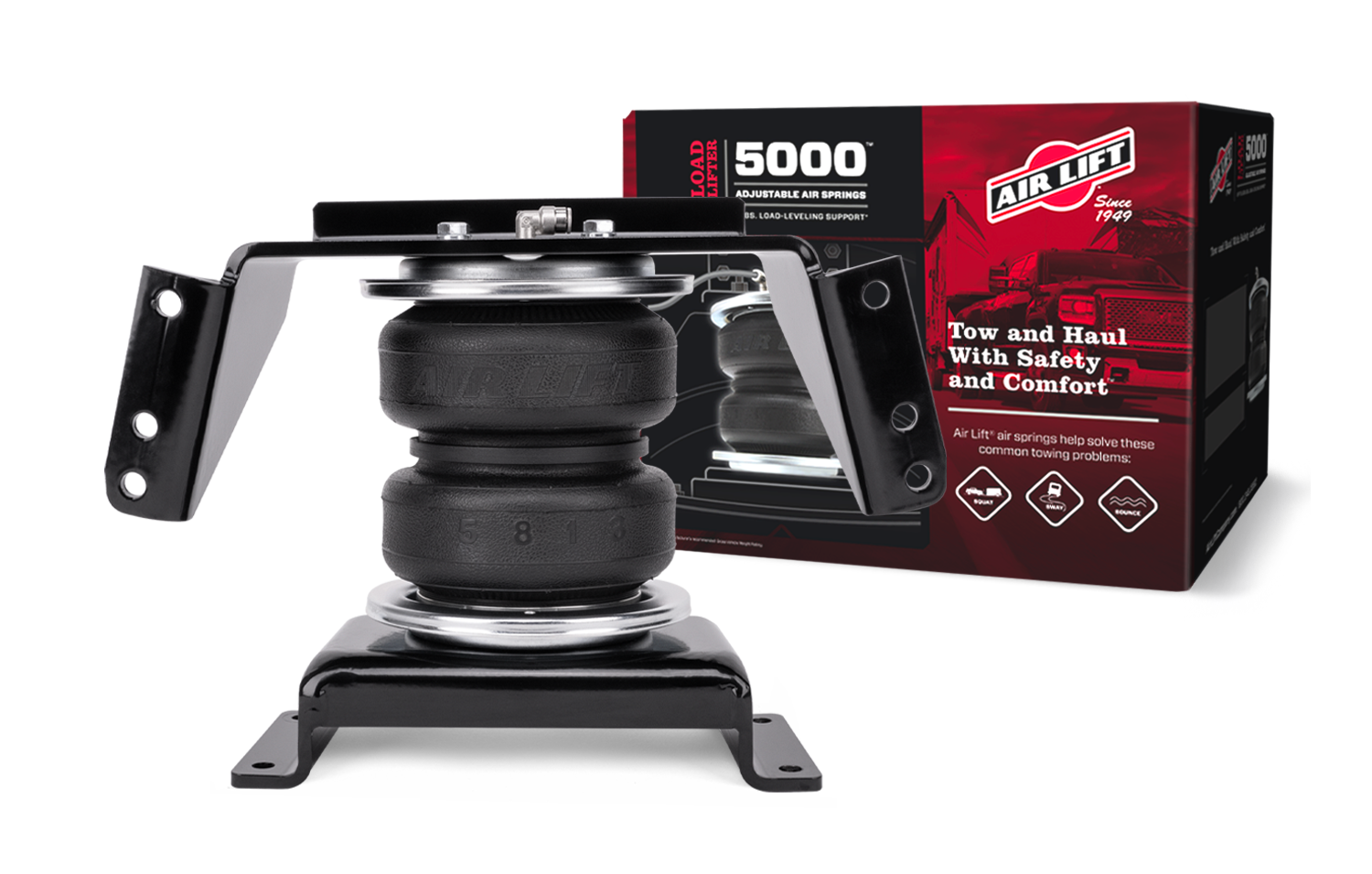
When a corporate entity acquires an entrepreneurial jobber business, the most profound impact on shops often stems from the shift in accountability and the loss of the personal, entrepreneur-to-entrepreneur relationships that once thrived.
The pressures facing jobbers today are certainly real. Parts proliferating requires more and more working capital for inventory, high capital expenditure costs with constant requirements for fleet replacement and high servicing costs eating into profitability from fuel to fleet maintenance. Generational jobber businesses more and more are looking for exit strategies and to capitalize on the demand from consolidators.
My family’s journey in the automotive parts business began in 1953 when my great-grandfather founded an independent jobber business. Through three generations of family leadership until, fresh out of university, I assumed leadership, acquired the business and eventually divested it. With over a decade at the helm, I’ve navigated the challenges of owning and operating an auto parts business. Running and owning the business made me aware of just how tough it is for my peers.
And now I have experience in selling a generational family business to a large corporation. Drawing from this, it’s clear that understanding these transitions is crucial for the industry.
In my executive role at Fix Network, overseeing our franchise network with mechanical and auto glass services, I’ve witnessed the profitability and growth opportunities for small business owners. This comes as changing trends emerged during the pandemic, forcing a decline in the number of shops in the Canadian market and reduced profitability among service centres in recent years. Shops employing strategic management techniques have been able to thrive, even amid macroeconomic challenges that impacted OEM vehicle sales like supply chain disruptions, inflation and rising interest rates.
As such, there has not been a consolidation within the service side of the business with the mechanical or glass service in comparison to what we have seen on the parts and distribution side of the automotive aftermarket in Canada.
However, industry consolidation of legacy businesses and jobbers on the distribution side of things is not at all a bad thing. Shops often benefit from increased inventory at the store level, access to more aggressive pricing programs in some cases and benefits that go with economies of scale.
The owners of the shops who were our best clients became great personal friends and those bonds went well beyond the walls of the parts stores and the shops. This cannot be taken lightly for shops.
The biggest impact from the shop perspective that I have experienced is the transition of accountability when a corporate entity does buy an entrepreneurial business. There is a real aftershock that takes place in the relationship the corporate staff then have with the shop compared to the entrepreneur-to-entrepreneur relationship the shops and jobbers often build in their respective markets.
The owners of the shops who were our best clients became great personal friends and those bonds went well beyond the walls of the parts stores and the shops. This cannot be taken lightly for shops. These relationships can’t be modelled into a business plan after a jobber has been purchased by one of the big distribution corporations.
In other words, these relationships can’t be easily replicated by corporate integration plans. While merger and acquisition growth delivers shareholder value and revenue targets, it sometimes drives shops to switch to another local jobber rather than endure the changes brought by a corporate acquisition.
So while the acquiring company believed the current clientele would stay with the new ownership, some shops may no longer consider the jobber their first call anymore and will move others up the list instead.
Overall, there is great value for shops in the power of the entrepreneur-to-entrepreneur relationship. The model of the traditional jobber store in Canada is certainly changing with the continued evolution of the industry landscape. However, there is a great opportunity for shops to build experience within their business seeing both the positive and negatives of these industry changes and providing perspective on how they perceive value out of their parts supplier.
Zakari Krieger is the Fix Network, Canadian vice president of Prime CarCare, responsible for the Canadian retail business, encompassing the Speedy Auto Service and Novus Auto Glass business lines
This article originally appeared in the August issue of CARS magazine
Related Posts
Comments
-
Valid points. Personally, I go out of my way to support my independent, locally owned parts houses. Pricing is marginally different, and the service is without comparison. And when they are gone, we will surely miss them.












Leave a Reply